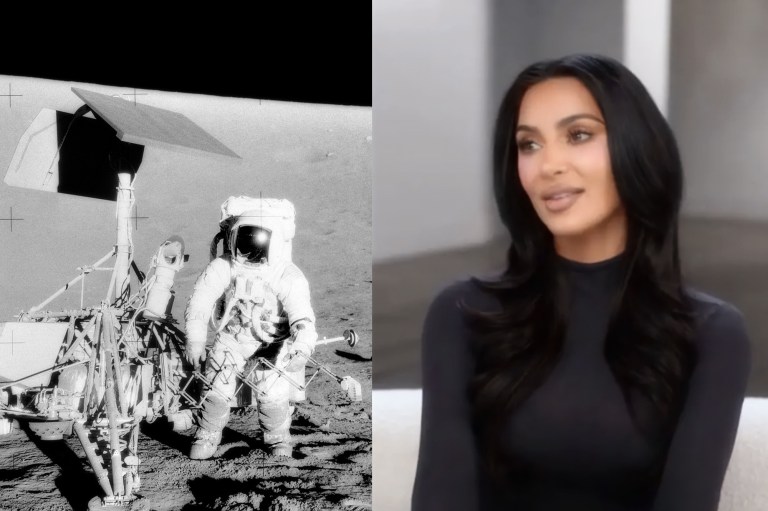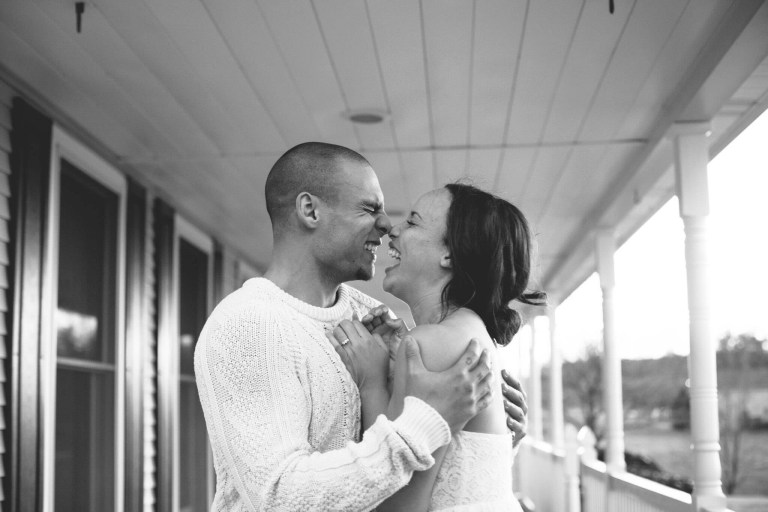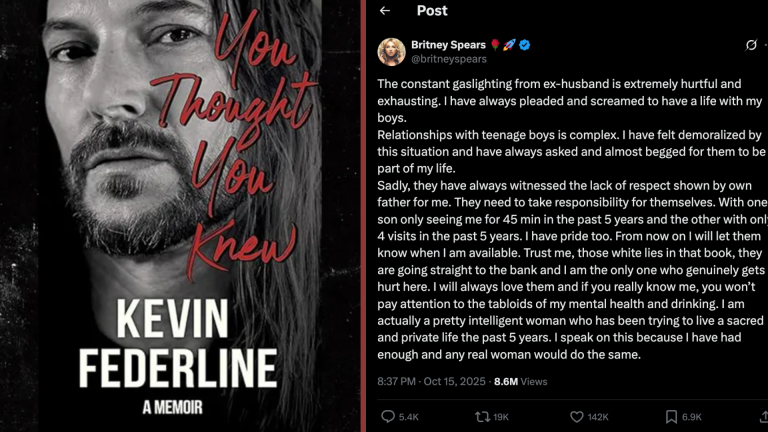
What My Ex Liking My Old Instagram Pic Made Me Realize About Modern Dating
No one has to be brave anymore. No one has to go up to each other at the bar anymore. There’s an app for that.
By ![]() Sam Doll
Sam Doll

It has always been my belief that in hard or confusing times regarding a love interest, when someone wants to speak to you, they speak to you. If someone wants to see you, they see you. If someone has a busy schedule, they make time for you. If they like you, they tell you. And if they are not doing any of these things, the writing is on the wall, and more likely than not, they don’t care about you or what you’re doing. Harsh, right?
Wrong. What’s harsh is the stark reality I faced this year, as a 25-year-old woman, when I realized that my rigid and comforting belief system was…a lie? Mainly because I feel I’m too old to be recalibrating at this point in time, but also because I don’t like uncertainty. I like rules, constants, etc. I don’t need to be thinking about if men care about me based on seemingly irrelevant details. This world is chaotic enough!
Here’s how my reality got crushed, one social media construct at a time! It all started when my ex-boyfriend viewed me on LinkedIn. “Whatever,” I thought as I sent my LinkedIn profile picture to a group chat of girlfriends to ensure it was as breathtaking as I believed it to be, “Must have just seen me in explore, and tried to creep,” is what I allowed my conscious mind to say, while my unconscious mind was like, “Haha, you are not sleeping tonight chief. You have a duty to yourself to go through every possible thought process that could have (or could not have) been going through his head while he chose to look at your LinkedIn profile that you don’t even use, because you are a bartender, and bartenders don’t need to use LinkedIn, you big weirdo. Hopefully he didn’t notice that part, though.”
As I willfully avoided a good night’s sleep, I thought: Here’s the thing. Anyone who has LinkedIn knows that the person you’re creeping gets a notification when you’ve viewed their profile. Ergo, vis-a-vis, he didn’t care if I saw that he creeped my profile. Which means he either a) doesn’t care if I know he creeped my profile or b) wanted me to see, and is therefore using this pathetic maneuver to initiate contact. I knew he could never do better than me. What. A. Zero.
Now I know what you’re all thinking, and if I were reading this, I’d be thinking it too. She’s insane.
I did nothing with this information, because what could I really do with it? I can’t prove his intentions, and as punishment for creating technology, the universe ensures that the messages sent through it remain ambiguous, and haunting. Life went on! I even forgot he creeped my LinkedIn! Until about a week later, midway through an episode of Ugly Betty, I get a notification that he liked my Instagram photo from three weeks prior, and he does not follow me on Instagram.
“BUSTED!” I yelled at my phone like a fucking loser.
I was certain of his intentions, and here’s the problem with these kinds of interactions. They devalue my original golden rule, which is that if someone wants to make contact with you, they will. Actually, they won’t, because they don’t have to anymore.
No one has to be brave anymore. No one has to go up to each other at the bar anymore. There’s an app for that.
My ex-boyfriend doesn’t need to message me. Humans usually take the path of least resistance, and before social media, there wasn’t a path this much assistance. You got that text message, you got that phone call. Now, no one has to wear their heart out on their sleeve. They can like a photo, they can view your LinkedIn, they can send you a random snapchat out of the blue, they can passively add you to an event on Facebook, and now that I just typed the word passively, I think that’s my point.
You can passively engage in someone’s life, without it ever seeming intentional, and the appeal is apparent: you don’t need to look like you care. You can make it seem like it didn’t matter.
And although looking at online interactions is stupid, it cannot be denied that it is the way we are coming to communicate, and therefore, these interactions and communications are becoming one in the same! Furthermore, as most people are aware of this, it is hard to argue that some of these actions are not intentional. You do not need to go onto my Instagram, scroll back three weeks, and double tap the like button. How do I NOT read into something that intentional, without facing the embarrassment of admitting it because it seems so trivial?
Having to weigh these interactions as if they are as legitimate as a phone call, calls into question: What does caring look like anymore? How do you know if someone cares about you, if there is an option to keep it ambiguous? It may seem stupid to some, but to others the option of not having to commit to letting someone know you care, while ensuring you’re on their mind anyway, is the best of both worlds.
Of course, the argument can be made that someone who really cares about you will veto all the “bullshit” ways of communicating, and call you on the phone, or come visit you. My argument there is that I don’t think the severity of these actions is dictated by whether or not someone cares about you more or less, rather, on the personality traits of the individual in question. A painfully shy person may care about you just as much as an assertive person, and perhaps not have the moxie to call you, but cares about you just the same and has the option to contact you in a more subtle way. So they do.
So to all those who over analyze the communications done through social media, just know that your awareness and concerns are legitimate. At least I think they are. It’s possible they aren’t at all. And the concerning part is that we can commiserate about these incidents together, throwing around our opinions until the cows come home. The truth is we won’t ever know for sure unless we go back to square one, and ask the person to their face.
So I guess what caring looks like, is one person breaking, thus breaking the cycle of social media interactions, and finally asking the other person if they care. Caring is asking if you care. Caring looks like asking if you care.
That’s comforting. ![]()











